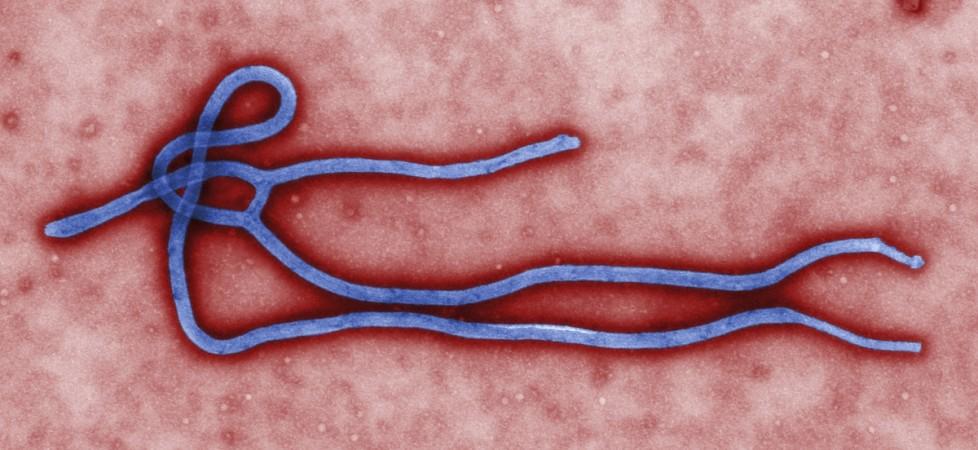
Mali was declared Ebola-free on Sunday after the country successfully completed two incubation periods of 21 days without reporting any new cases of the deadly virus.
Reports from the Malian Health Minister Ousmane Kone and the World Health Organisation (WHO) show that the nation hasn't received any new cases of Ebola since 6 December.
"I declare this day... the end of the epidemic of the Ebola virus in Mali," Ousmane Kone said, according to BBC.
Mali is the third West African country to successfully eradicate Ebola from its soil. The WHO declared Senegal Ebola-free on 17 October and Nigeria on 20 October.
Ebola has infected eight people in Mali and has killed six of them.
Ebola made an entry into the country through a two-year-old Guinean girl who succumbed to the virus on 24 October, one day after she arrived in the country. The second victim was a male nurse who contracted the infection from another Guinean patient.
The current Ebola outbreak that began with a two-year-old boy in Guinea has already infected 21,296 people and has killed 8,429 of them.
Mali is one of the six West African countries affected by the latest epidemic. Guinea, Liberia and Sierra Leone are the three other West African countries which are struggling hard to contain the outbreak. In Guinea, the virus has claimed 1,814 lives and infected 2,806 people, while Liberia and Sierra Leone lost 3,538 and 3,062 lives respectively.
Latest research from the University of Georgia and Pennsylvania State University shows that Liberia will become Ebola-free by the month of June. A report from WHO also found that the situation in Liberia was improving and the number of new cases was coming down in the country.
Liberia is currently using a serum treatment to fight the disease.














